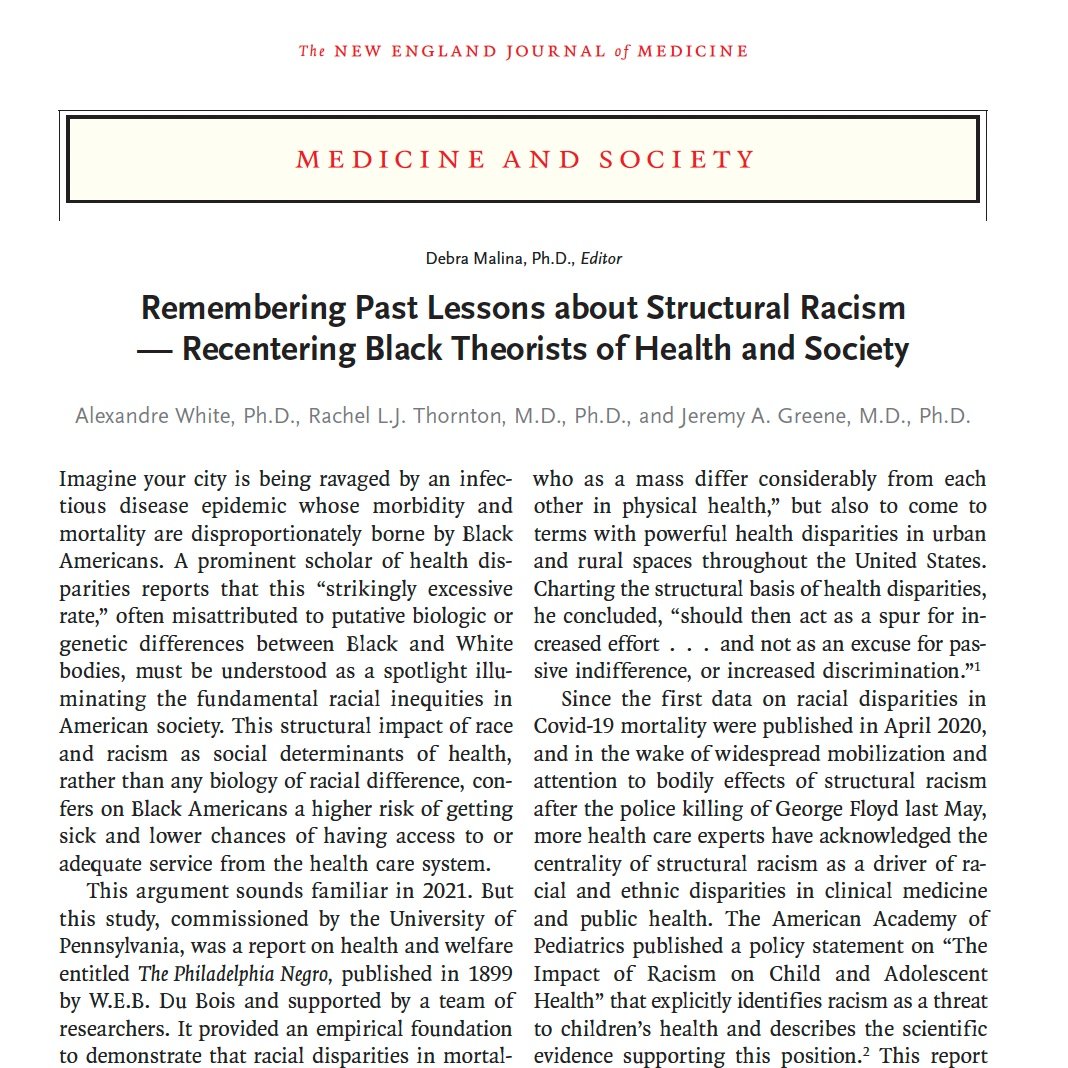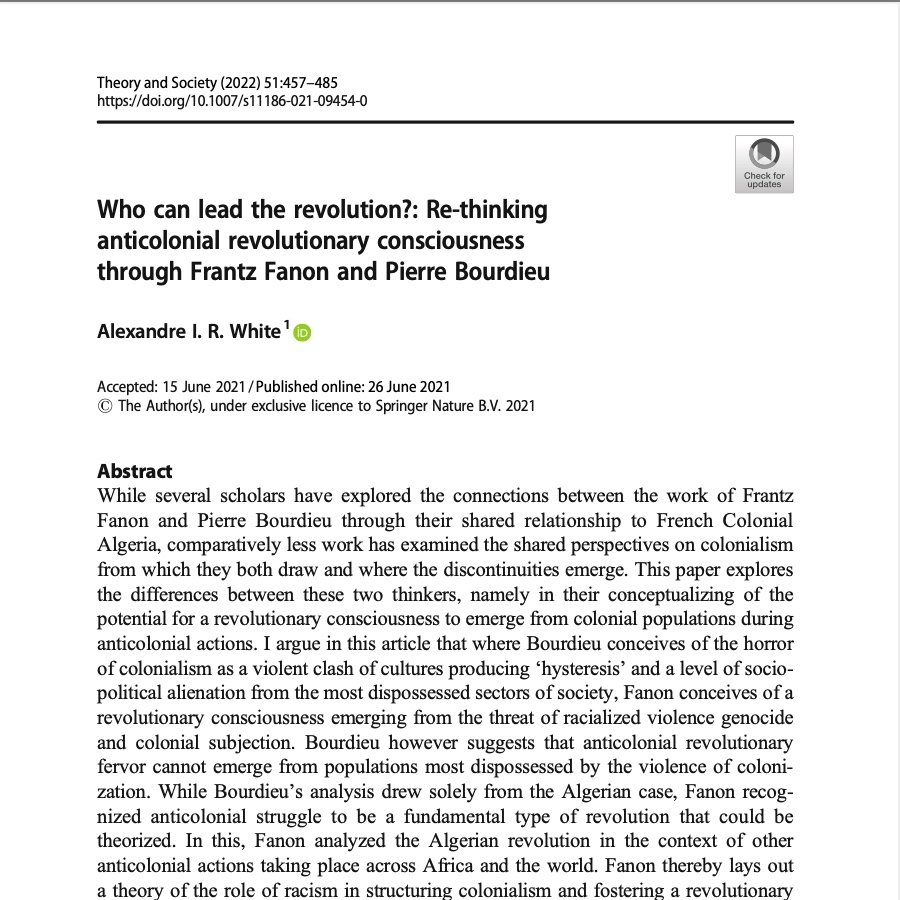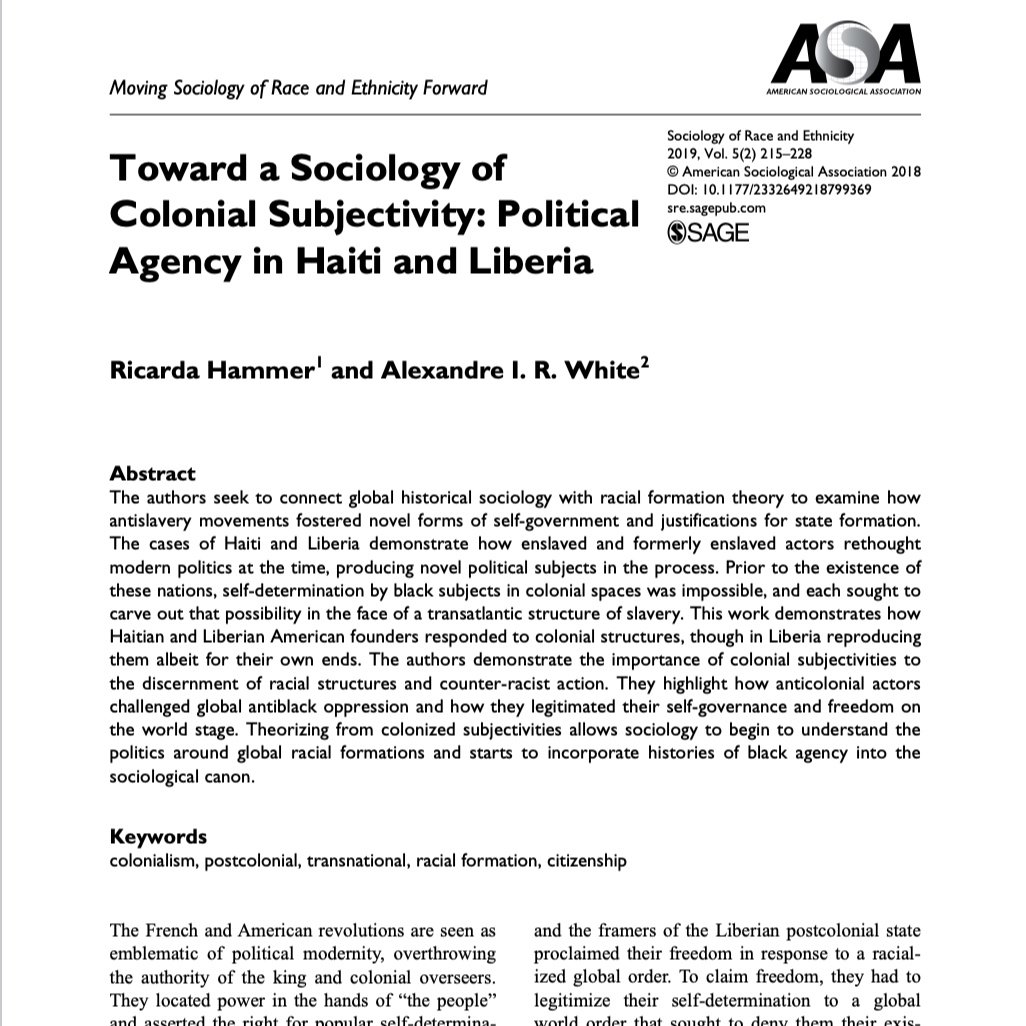I am a sociologist and historian of medicine, race and racism, and empire
About Me
I am an Associate Professor in the Johns Hopkins, Department of Sociology. I received a B.A. in Black Studies from Amherst College, an MSc. in Sociology from the London School of Economics and Political Science and a PhD in Sociology from Boston University. I am jointly affiliated with the Department of the History of Medicine as an Assistant Professor in the School of Medicine and am an Associate Director for the Center For Medical Humanities and Social Medicine at Johns Hopkins.
Work
My work examines the social effects of infectious epidemic outbreaks in both historical and contemporary settings as well as the global mechanisms that produce responses to outbreak. My published work in the field has demonstrated how differences in the perceived threat of deadly diseases have provoked anomalous responses to outbreaks. My first book, Epidemic Orientalism: Race, Capital and the Governance of Infectious Disease (2023) from Stanford University Press explores the historical roots of international responses to epidemic threats. I have published in social science journals on the topics of racism, slavery and medicine including in the journals, Sociology of Race and Ethnicity, Theory and Society and Social Science History. I am the editor of the volume Global Historical Sociology of Race and Racism and has published in medical journals such as the British Medical Journal, the New England Journal of Medicine and the Lancet.
Selected Publications

White, Alexandre, Rachel L.J. Thornton, and Jeremy A. Greene. “Remembering Past Lessons about Structural Racism — Recentering Black Theorists of Health and Society.” New England Journal of Medicine 385, no. 9 (August 26, 2021): 850–55.

White, Alexandre I. R. “Historical Linkages: Epidemic Threat, Economic Risk, and Xenophobia.” The Lancet 0, no. 0 (March 27, 2020).

White, Alexandre I. R. “Who Can Lead the Revolution?: Re-Thinking Anticolonial Revolutionary Consciousness through Frantz Fanon and Pierre Bourdieu.” Theory and Society, June 26, 2021.

Devakumar, Delan, Sujitha Selvarajah, Ibrahim Abubakar, Seung-Sup Kim, Martin McKee, Nidhi S Sabharwal, Angela Saini, Geordan Shannon, Alexandre I R White, and E Tendayi Achiume. “Racism, Xenophobia, Discrimination, and the Determination of Health.” The Lancet 400, no. 10368 (December 2022): 2097–2108.

White, Alexandre, Lingxin Hao, Xiao Yu, and Roland J. Thorpe. “Residential Racial Segregation and Social Distancing in the United States during COVID-19.” EClinicalMedicine 35 (2021): 100840.

Hammer, Ricarda, and Alexandre I. R. White. “Toward a Sociology of Colonial Subjectivity: Political Agency in Haiti and Liberia:” Sociology of Race and Ethnicity, September 24, 2018.

White, Alexandre I. R. “Global Risks, Divergent Pandemics: Contrasting Responses to Bubonic Plague and Smallpox in 1901 Cape Town.” Social Science History 42, no. 01 (2018): 135–58.
Epidemic Orientalism:
Race, Capital and the Governance of Infectious disease
From the Back Cover
For many residents of Western nations, COVID-19 was the first time they experienced the effects of an uncontrolled epidemic. This is in part due to a series of little-known regulations that have aimed to protect the global north from epidemic threats for the last two centuries, starting with International Sanitary Conferences in 1851 and culminating in the present with the International Health Regulations, which organize epidemic responses through the World Health Organization. Unlike other equity-focused global health initiatives, their mission—to establish "the maximum protections from infectious disease with the minimum effect on trade and traffic"—has remained the same since their founding. Using this as his starting point, Alexandre White reveals the Western capitalist interests, racism and xenophobia, and political power plays underpinning the regulatory efforts that came out of the project to manage the international spread of infectious disease. He examines how these regulations are formatted; how their framers conceive of epidemic spread; and the types of bodies and spaces it is suggested that these regulations map onto. Proposing a modified reinterpretation of Edward Said's concept of orientalism, White invites us to consider "epidemic orientalism" as a framework within which to explore the imperial and colonial roots of modern epidemic disease control.

